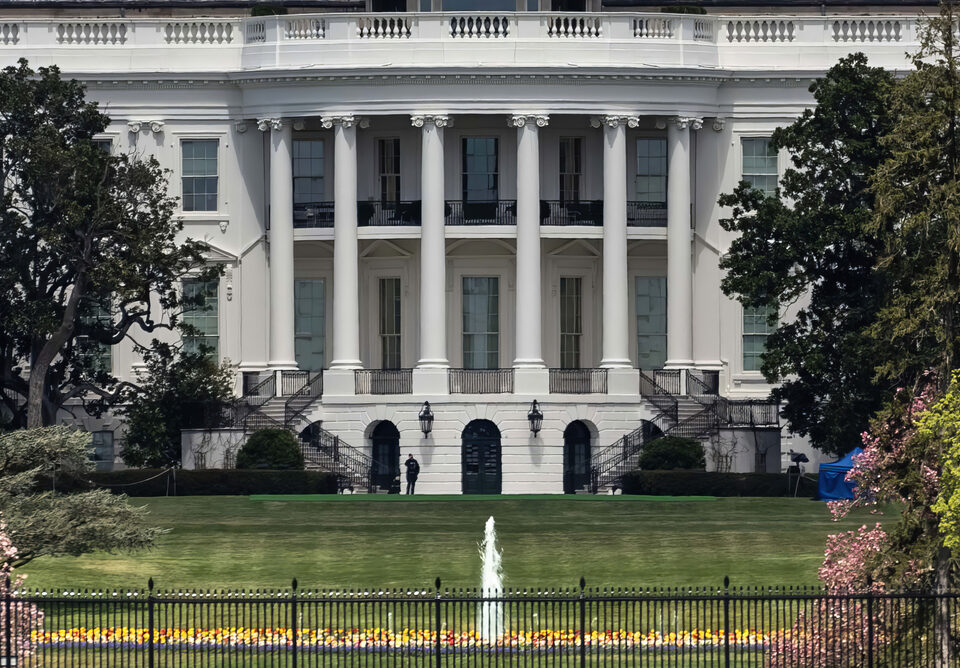Shepherd Parentage: The Courtroom Battle Is Over
四月 30, 2015While this story was met with international shock and panic, it offered a boldfaced warning to all intended parents living in the United States to think twice before pursuing surrogacy in another country as an effort to lower costs of the process.
Haseeb and Christy Amireh of San Jose, California, have been staying in hotels in the state of Tabasco, unable to leave Mexico with their baby boy born via surrogacy on April 16. They waited a total of three weeks for their baby’s birth certificate so that he could be issued a passport.
This week, they were able to return home after finally receiving all the child’s documents.
As this news story lit up the headlines last week, while the couple was still in Mexico, I was asked by CBS News for my professional opinion since my legal practice specializes in third-party reproductive law. When asked if I was surprised by what was happening to the Amireh family, I candidly told them I was not.
I was quoted, saying, “Mexico does not have the systems in place like it does in the U.S. If they say their law is a law, it may or may not be the law. Bribery is not uncommon in that country. Look at the cartels.”
Here in the United States, my practice, The Surrogacy Law Center, is based in Southern California. When an intended parent(s) work with an experienced attorney in third-party reproductive law, a Judgment of Parentage is put into place that stipulates how the names should appear on the child’s birth certificate. This Judgment goes into effect the moment that the child is born.
While other countries may offer lower costs for surrogacy, it is a slippery slope to climb. One has to ask, “What assurances are in place that the name(s) of the intended parents will be on the birth certificate and the newborn can go home with its parents to their native country?”
When dealing outside the U.S., it’s only natural that uncertainties such as what the Amireh family experienced loom over the process.
A few days ago, CBS news reported that the couple had been partnered with a local lawyer. Additionally, they contacted the U.S. State Department for help.
U.S. Rep. Eric Swalwell of California told the CBS affiliate station, KPIX-TV, “From what we learned, the governor in that state has put a moratorium on all birth certificates for surrogate families … I think this just highlights why it’s really important to understand the laws of any country that you’re traveling to make a healthcare decision.”
So how did this all happen and why did the couple end up in Mexico?
Like so many couples, Haseeb and Christy struggled with infertility and knew that surrogacy could help them build their family. At the time, they understood it was both legal and more financially attractive in Tabasco. The area overflows with surrogacy agencies.
CBS reported, “The couple was with the surrogate during the birth, but their magical experience quickly turned into desperation.”
Christy told CBS, “It seemed like time just kept passing and the next day and the next day and next day and no birth certificate, and we started panicking.”
And her instincts were right.
Her husband is incredibly concerned for other individuals and couples who are considering surrogacy in this area.
“There are still agencies taking … intended parents, like us, so we’d like to get the word out,” he shared.
For weeks, their lives were put on an official “hold” and there was so much uncertainty as to when they could come home with their newborn. Flying back to California on Mother’s Day was a celebratory moment for everyone involved, as well as those following their story.
I am so happy this is behind them now and they are home safely.




